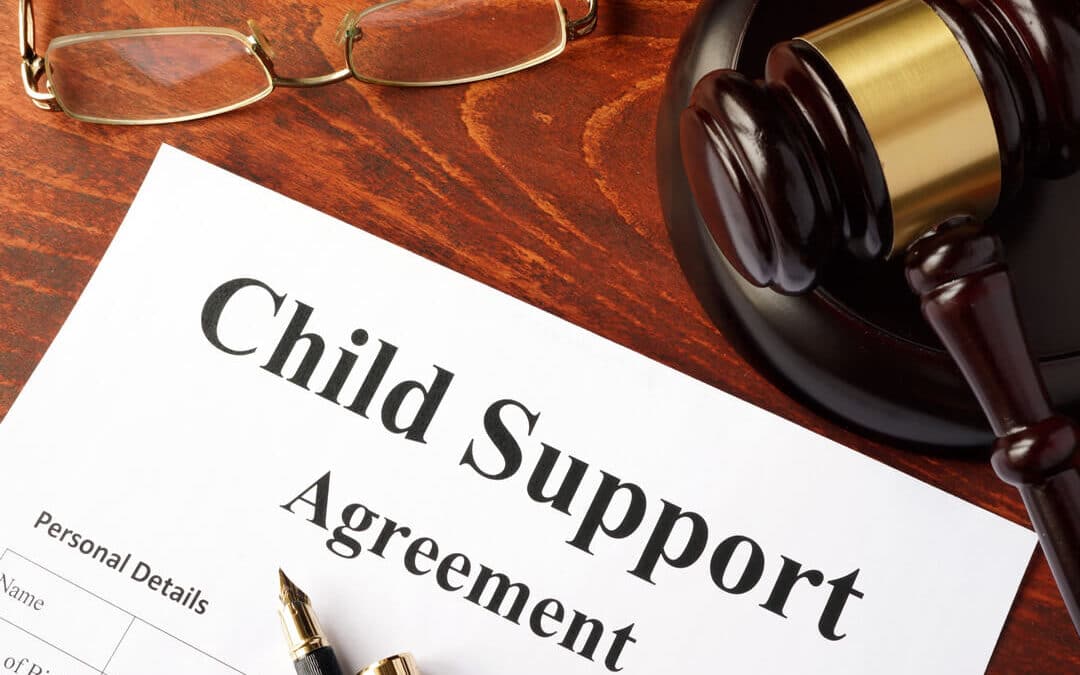Are you burdened by financial hardship, and want to file for bankruptcy, yet wonder how doing so may affect your obligation to pay child support or alimony? This article will look at how bankruptcy affects child support and alimony payments, the differences between Chapter 7 and Chapter 13 bankruptcy, and options you may have for managing these obligations within the bankruptcy process.
Understanding Child Support and Alimony Obligations
Child support and alimony (a.k.a.spousal support) are court-ordered financial obligations one spouse may be required to pay to the other during and after a divorce or separation. Child support provides for the financial needs of the children the couple may share, while alimony supports the spouse with alower income. These obligations are considered “domestic support obligations”and they hold a special status in bankruptcy proceedings.
Child Support and Alimony in Bankruptcy
In bankruptcy cases, child support and alimony obligations get treated differently than other types of debt. Domestic support obligations are generally not dischargeable in bankruptcy, meaning that you cannot eliminate these obligations by filing for bankruptcy. The primary reason for this is the recognition that the financial well-being of children and dependent spouses should take precedence over the debtor’s ability to obtain a fresh start through bankruptcy.
Bankruptcy Chapters and Their Impact on Child Support and Alimony
Chapter 7 Bankruptcy
Chapter 7 bankruptcy (a.k.a. liquidation bankruptcy) involves the sale of non-exempt assets to repay creditors. While the bankruptcy court will discharge most debts in Chapter 7, child support and alimony obligations are not dischargeable. Filing for Chapter 7 bankruptcy does not relieve you of your responsibility to pay child support or alimony. You will need to continue making these payments according to the court’s order.
Chapter 13 Bankruptcy
Chapter 13 bankruptcy (a.k.a.reorganization bankruptcy) allows individuals to develop a repayment plan to repay their debts over three to five years. The bankruptcy court gives child support and alimony obligation arrears priority status in Chapter 13 bankruptcy. By including your domestic support obligation arrears in your repayment plan, you can work towards becoming current on the payments while also addressing your other debts.
Getting Help Filing Bankruptcy
Understanding the intersection between bankruptcy and family law can be complex. If you are thinking of filing bankruptcy but also need to pay domestic complications, you may wish to consult an experienced bankruptcy attorney who can guide you through the process. An experienced attorney will assess your situation and help you understand your rights and obligations.
Brock and Stout’s attorneys have over 25 years of experience helping clients meet their domestic obligations while pursuing a financial fresh start. Contact us for a free evaluation of your situation to see if we can help you and your family.

